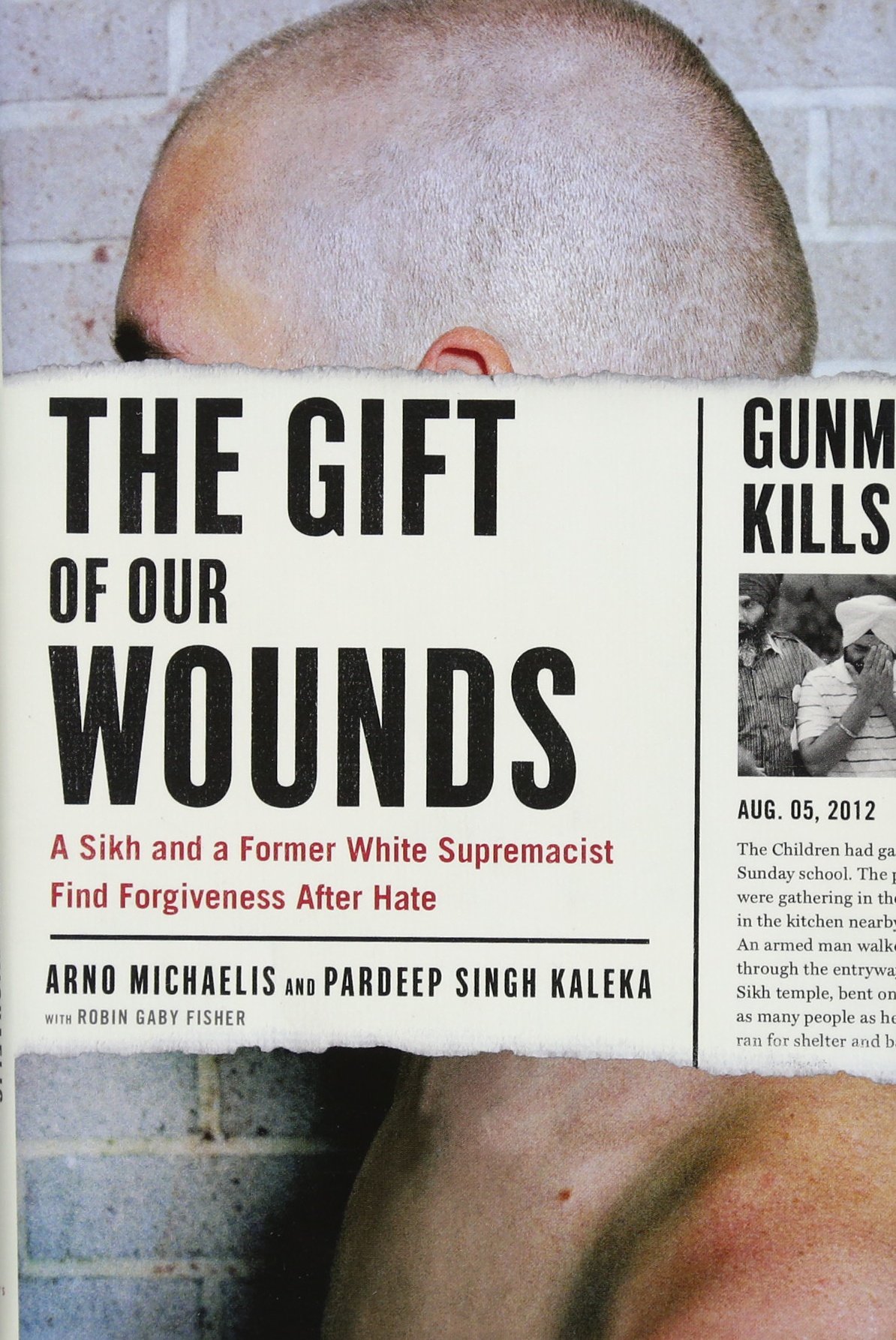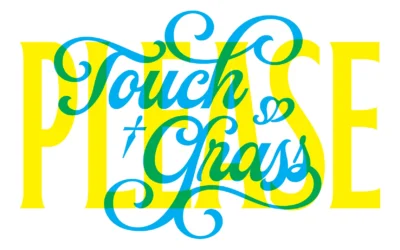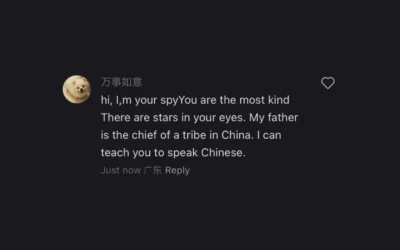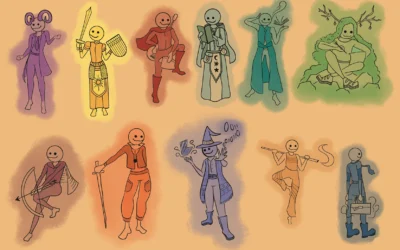On Aug. 5, 2012, a lone gunman entered a Sikh temple in Oak Creek, Wisconsin. He opened fire on worshippers in attendance, killing six and wounding four, before turning the gun on himself. The shooter was a white supremacist, affiliated with a group called the Hammerskin Nation.
On the evening of Oct. 2, two men sat in the CN theatre of Building 5. They came here to share their thoughts on racism and intolerance in our increasingly volatile political ecosystem, as well as speak about our need as a society to embrace forgiveness and remain optimistic in spite of it all. The two speakers were Pardeep Singh Kaleka, a Sikh-American immigrant whose father was killed in the shooting, and Arno Michaelis, a founding member of the Hammerskins.
The men began by telling their own personal stories. Kaleka recalled him and his family’s challenging lives as first generation immigrants. They came to Milwaukee during the 80’s, a period that saw the city go through a difficult economic transition. He would then go on to serve as a police officer, and later a schoolteacher. Michaelis, on the other hand, recounted a youth of relative privilege, having grown up in a middle-class suburb of the same city. He described his early inclination towards hate as a result of his general unhappiness, and a sense of anomie that lead him to reject the boundaries of society in favor of an identity that was subversive, provocative, and exciting.
By describing the stark contrasts of their life choices, Kaleka and Michaelis framed the central idea of their mission — that no matter how different or opposed they may seem, people will ultimately have more commonalities than differences.
It was in the aftermath of the shooting that Kaleka sought out Michaelis — who, by this point, had been an ex-white supremacist for years — to help him understand, more than anything, why this horrifying tragedy had happened. The two went on to have a profound and emotional meeting that served as a large step in healing for both of them. As a result, they decided to work together to make a difference. In addition to doing these speaking events, and promoting their book, which is also called “The Gift of Our Wounds,” Kaleka and Michaelis founded an organization called Serve 2 Unite, which is dedicated to diverting young people from extremist ideologies of all kinds.
Of course, Kaleka and Michaelis’ friendship is far more than just a touching story, but rather one that seems out of place in today’s climate of steep political partisanship and rage. It is true that honesty, forgiveness, and progress often seem like sentiments that are out of fashion when we are faced with a 24-hour news cycle drenched in radicalism and violence. This seems even further reinforced when we reflect on the Oak Creek massacre through a current lens — at the time it was the deadliest white supremacist attack in 50 years, now it has been dwarfed by countless more like it in the past few years alone.
In spite of all of this, Kaleka and Michaelis showcase their friendship and collaboration as an example for everyone to follow. The overall message of the presentation is that Kaleka went through a great deal of trauma as a result of hate, and Michaelis spent a long portion of his life embracing hate. As a society, we seem to look at realities like these and see them as the beginning and end of the story, but this is misguided. Both men have decided to take back control of their stories, and use their experiences as a catalyst through which they can make the world a better place. Michaelis, now a converted Buddhist, sees hate as a symptom of internal imbalance and pain that can be fixed in anybody. Kaleka, drawing from his Sikh faith, invoked the Punjabi term “Chardi Kala,” meaning “for the peace and prosperity of mankind, we must be relentlessly optimistic.”





0 Comments